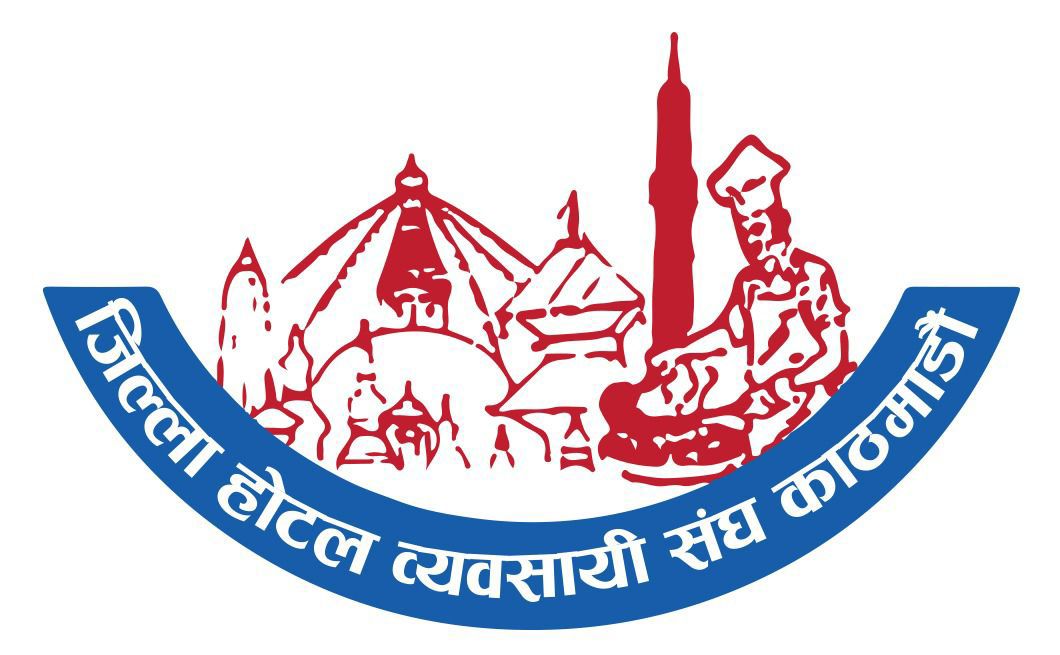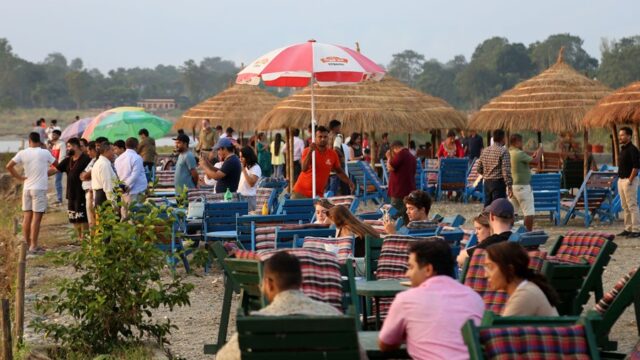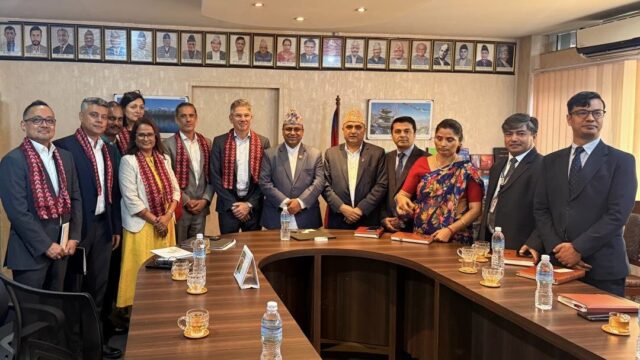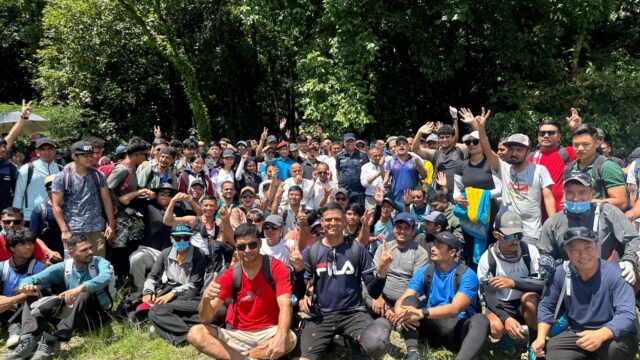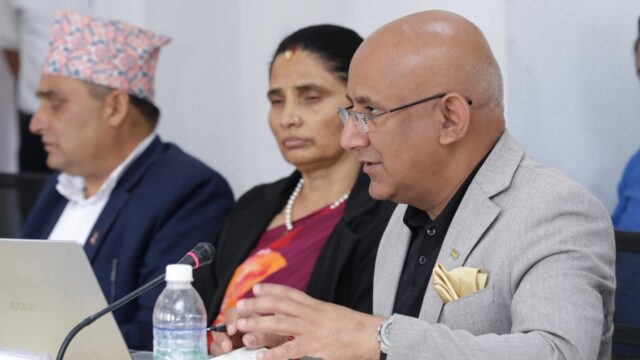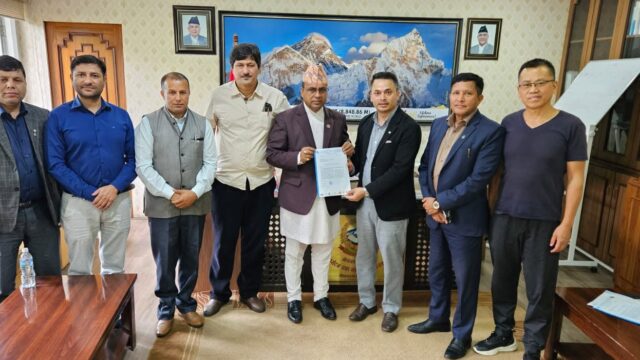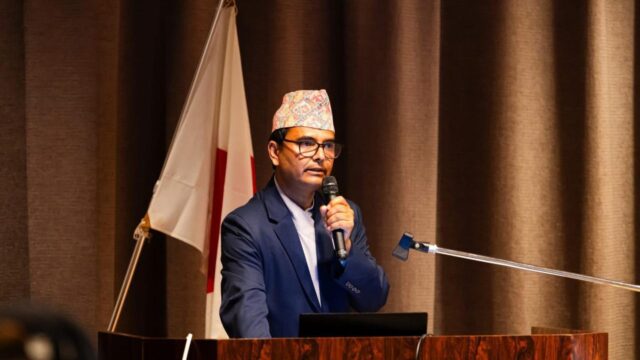In a much-awaited decision that brings significant relief to hotel and restaurant operators, the District Administration Office (DAO) Kathmandu has granted permission for businesses in the hospitality sector to operate until 11 PM. This decision follows consistent lobbying and discussions between the hotel entrepreneurs and local administration officials.
The move comes after repeated requests from the Hotel Entrepreneurs’ Association Kathmandu, which has been raising concerns about the strict enforcement of early closure rules often by 10 PM or earlier by security forces. According to hotel operators, these restrictions had been affecting business operations, customer satisfaction, and the overall nighttime economy, especially in a tourism-dependent hub like Kathmandu.
Decision by Chief District Officer Aimed at Supporting Businesses
Chief District Officer (CDO) Rishiram Tiwari confirmed that the decision was made to ease operational difficulties faced by hoteliers and restaurateurs. Speaking to the media, he stated, “We have decided to allow hotels and restaurants to operate until 11 PM considering the continuous appeals from business owners and to make things more convenient for both operators and customers.”
He further added that the measure seeks to balance public security with economic needs, especially considering Kathmandu’s identity as a key tourism center in Nepal.
A Long-Standing Demand Fulfilled
According to Suresh Baral, President of the Hotel Entrepreneurs’ Association Kathmandu, this decision marks a substantial improvement from the previous situation where the police would blow whistles or force closures even before 10 PM.
“This had been a major obstacle in sustaining hotel businesses, especially those catering to late-night diners, tourists, and events,” said Baral. “While we had initially requested 24-hour operation or at least permission to remain open until midnight, we see this 11 PM extension as a temporary yet significant relief for now.” The Association has expressed gratitude towards the CDO and administrative officials for their consideration and prompt action.
Boost to Tourism and the Local Economy
The hotel and restaurant sector has long played a pivotal role in Nepal’s tourism and economic landscape. The hospitality industry not only caters to domestic customers but also significantly enhances the experience of international tourists. Stakeholders believe that this policy change will directly contribute to improving the economic viability of tourism-related businesses.
“The relaxed operating hours will help both local and foreign customers feel more welcome,” the Association said in a press statement. “This will lead to better customer satisfaction, longer engagement in tourism activities, and an increase in overall spending factors crucial for reviving Nepal’s economy post-COVID and ongoing global travel challenges.”
A Step Towards a Business-Friendly Environment
The Association has also highlighted that this policy sends a positive signal to investors and entrepreneurs, both domestic and international, who are seeking a stable and flexible environment to operate in. It stated that Nepal must work toward creating business-friendly policies to attract investment, encourage innovation in tourism services, and enhance the country’s image as a tourist destination.
“This is a step forward,” said Baral. “But we urge the government to consider long-term solutions such as zoning policies for night businesses, better policing strategies to ensure safety without disrupting legitimate operations, and revised tourism laws that align with global standards.”
Continued Coordination Promised
The Hotel Entrepreneurs’ Association Kathmandu has reiterated its commitment to working closely with administrative bodies to further improve the hospitality and tourism sectors. It stated that coordination between the private sector and local government is essential for creating policies that are practical and development-oriented.
The Association also confirmed that it will continue advocacy for more flexible operating hours, particularly in high-tourism seasons and for specific areas with higher tourist footfall such as Thamel, Durbar Marg, and Patan.
